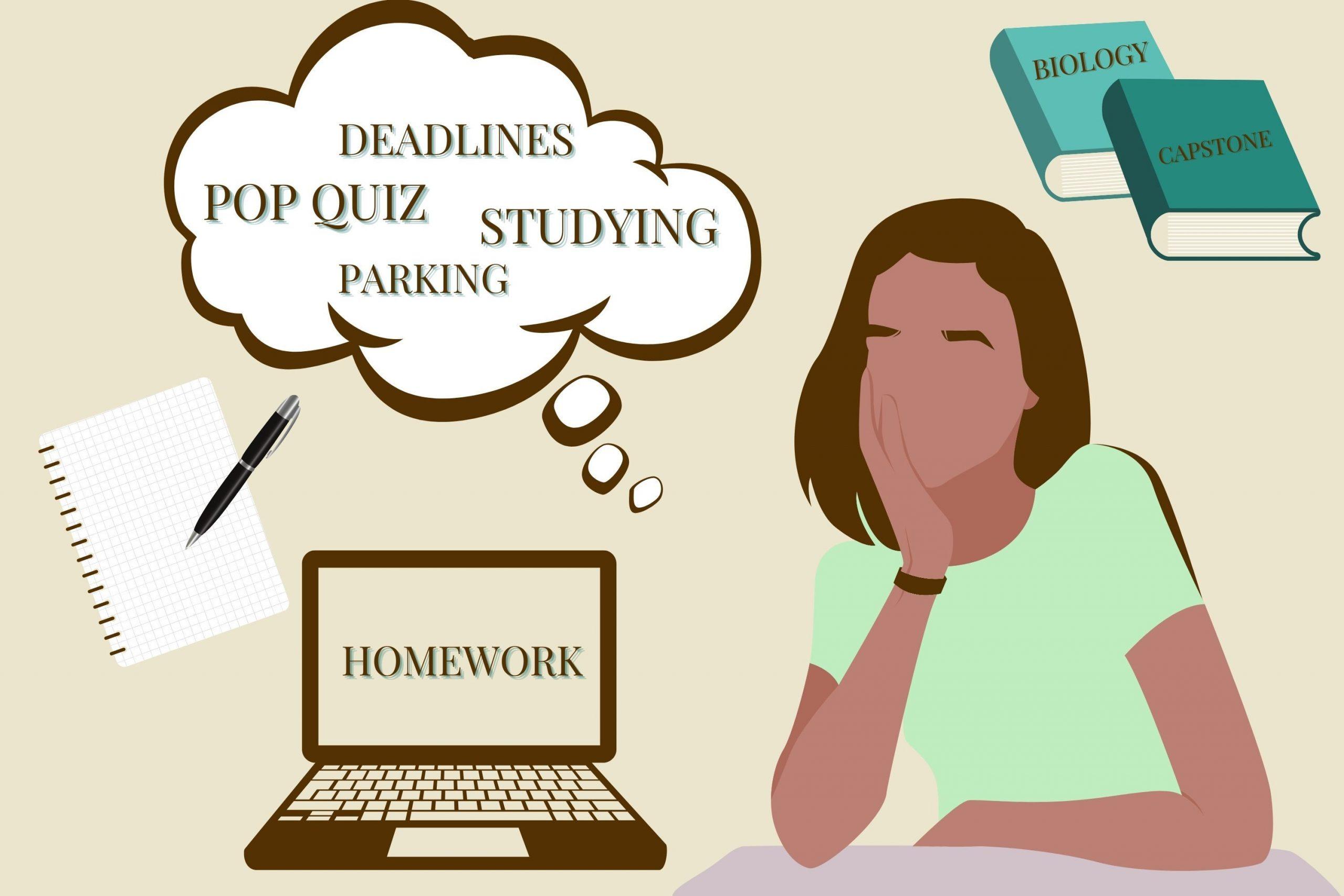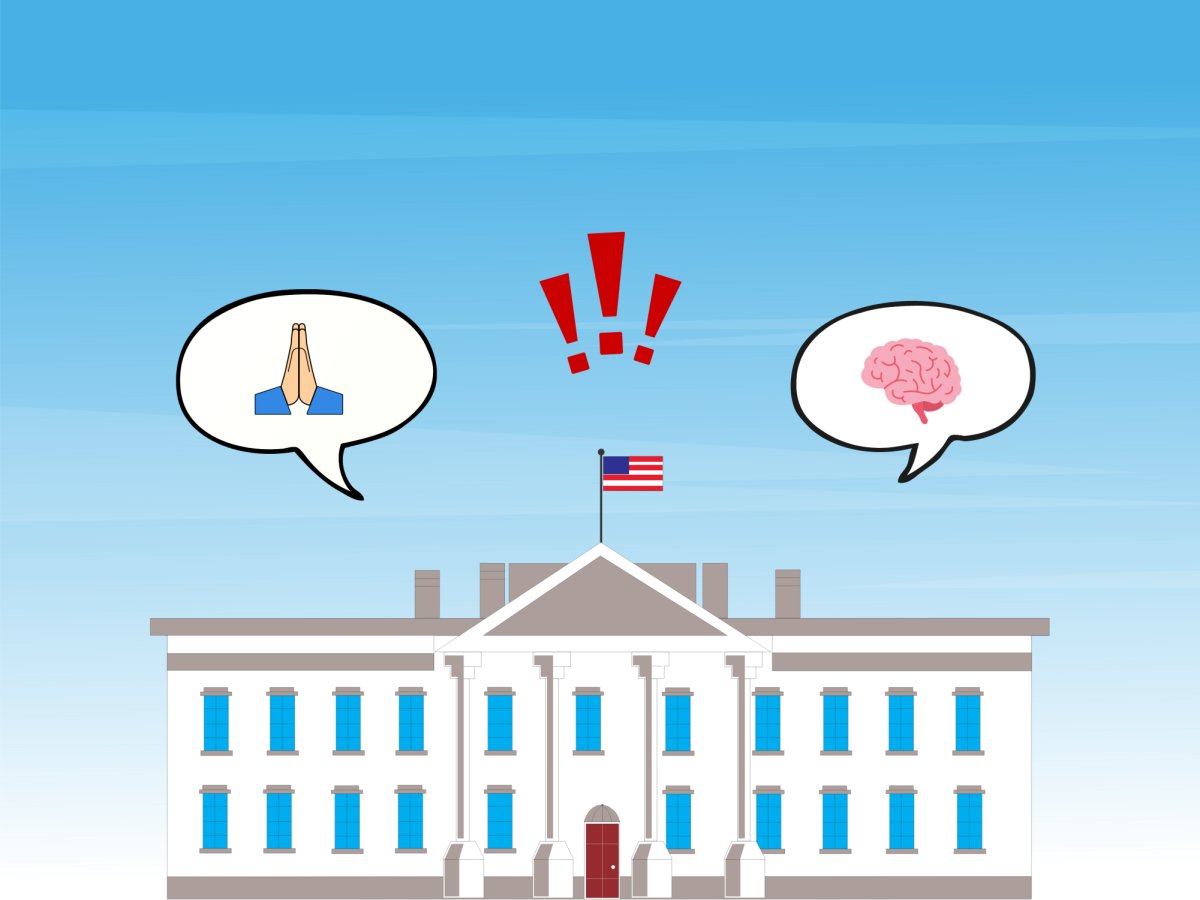When the pandemic first began, I remember the term “new normal” was constantly ringing in my ear. Our “new normal” included socially distancing, limiting contact with our peers, using Zoom way too often, and adjusting to newfound mental instabilities. In short, this “new normal” was not something I wanted to become familiar with. However, after a year and a half of being forced to accept this “new normal,” we’re suddenly being asked to return to our former lives.
These constant adjustments are not only overwhelming, but they are also causing “cave syndrome.” “Cave syndrome” is a phenomenon that is currently affecting people who are being asked to return to normal despite finding unforeseen comfort in our “new normal.” Even those who are fully vaccinated are struggling to come out of their cave. While many companies are offering employees the option to continue working from the comfort of their homes, this has not been the case for many college students.
Over the summer, St. Joe’s students received arguably one of the most horrifying emails that this university has ever sent out: thanks to the nearly 90% vaccination rate, all classes would be fully in-person. At first glance, this should be a celebrated accomplishment. However, after an entire school year of online and hybrid classes, I realized that this “return to normal” would feel more drastic than the onset of the pandemic.
At the start of the pandemic, I initially struggled with having to take my classes on Zoom but, with time, I began to adapt this into my “new normal.” It was nice to be in two places at once and never have to step outside of my apartment. As an avid campus shuttle user, I reveled in the fact that not every class required me to wait more than 15 minutes for a ride to campus. With less people on campus and even less people at on-campus events, I realized that socializing with people would no longer be as important as it used to be.
Now that nearly everything has moved in-person, I’m struggling to revive my already lackluster social skills and I’m overwhelmed by the amount of students I’m seeing on campus this semester. I never thought that attending classes completely in-person would be anything outside of normal, but it seems like this demand has been one of the most difficult adjustments.
As this semester continues to unwind itself, the looming presence of “cave syndrome” is slowly haunting me as I long for the days when I ate lunch during my 12:10 p.m. Zoom class. With the return to in-person classes, professors are resurrecting closed-book, in-person quizzes and exams. I previously found joy in taking online exams because after the exam ended, I could cry about it in the comfort of my own apartment, rather than subjecting my professor to watching the tears roll down my face in the classroom.
College students are being swallowed up by assignments, commitments, internships and extracurricular activities. Being forced to adjust to in-person classes in one week is a tall order that many students are drowning in. Commuter students especially are being reminded of how taxing it can be to commute to campus five days a week. While classes on Zoom weren’t always the best, I think that the convenience of hybrid classes will surely be missed.
With the surge of Delta variant cases of COVID-19 in the U.S., it’s understandable that many people, including college students, are fearful and stressed about returning to normal life. These constant adjustments are putting a ton of pressure on students and, as we navigate this “new old normal,” the shortcomings that we encounter are a result of the built-up anxiety and stress from the past year.
For the past year and a half, the pandemic caused turmoil that left many of us clinging to anything that even had a trace of normal attached to it. Now that we’re being asked to return to our former lives, we’re unexpectedly holding onto these “new normal” habits. While “cave syndrome” is not a psychological diagnosis for the reluctance that many people feel about returning to normal, it doesn’t need to be in order for us to claim it as something that we’re feeling.












































